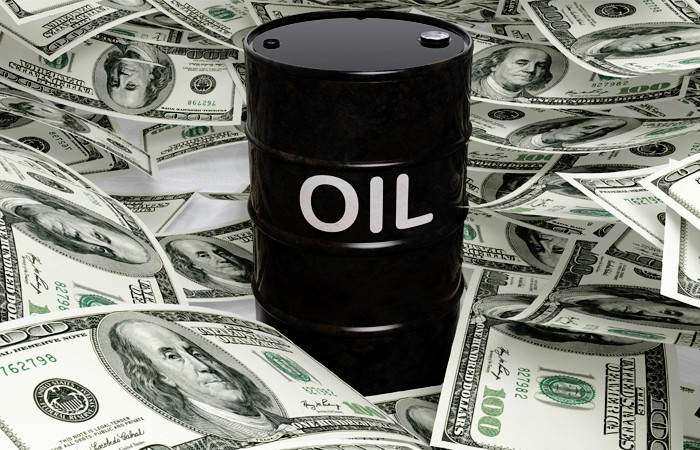
Crude oil prices continued its negative dynamics, which has not been reversed for quite a long time. The second month of autumn was a failure for the oil products market. In October, Brent lost a total of 8.5% of its previous price, while WTI generally fell by 11%. As experts say, this is still far from the limit of the fall, since the hydrocarbon industry is now in a deep crisis.
The sharp decline in the cost of crude oil, which unexpectedly happened last month, occurred mainly against the background of serious concerns among market participants about demand, as well as the introduction of strict quarantine measures and lockdowns in most European countries. Last week, France and Germany have already decided on the necessity of the closure of the economy and the suspension of the main enterprises to cope with the situation.
The UK government, on the other hand, introduced a lighter version of the self-isolation regime starting November 5 for a period of four weeks. Whether it will be possible to cope with the rapid spread of coronavirus infection in this way is unclear. However, the fact that the economies of states will experience tremendous pressure is clear to everyone. This pressure will also affect the demand for crude oil, which in turn will negatively affect the black gold market as a whole.
Experts point out that the average level of crude oil consumption in Germany, France, and the UK is about 6 million barrels per day, which corresponds to about 6% of all world consumption, and this is a fairly large figure. Restrictive quarantine measures in these countries will indicate significant damage and a drop in demand for raw materials. And if other states, where the case of COVID-19 is no less complex, gradually begin to join the lockdown, then the crisis in the oil market will be even more global and deeper, and the withdrawal from it will be more difficult and longer.
The increase in the production of black gold in several countries also adds pressure and concerns among investors. Libya has already increased its production to 800,000 barrels per day and plans to bring this figure to 1.3 million barrels per day by the beginning of next year. Recall that at the beginning of the fall of this year, Libya's production amounted to approximately 100,000 barrels per day. The country also intends to raise its production level to 1.6 million barrels per day over the next year. The same level back in 2011 before the civil war. However, now is not the best time for such a build-up, since there is already enough negativity on the global hydrocarbon market. An oversupply will put a lot of pressure on the price level, which will inevitably go down.
In addition, the US presidential election creates another constraint. According to analysts, if Joe Biden wins, we should expect an increased portion of pressure on the oil market, since he is going to lift sanctions on Iran, which means that the supply of raw materials to the world market will grow by another 1.5 or 2 million barrels per day.
The statistics on the number of oil production facilities in the US are also not encouraging. For the sixth time in a row, capacity growth was recorded last Friday. Thus, the total number of installations for the extraction of raw materials amounted to 221 units, which is 10 units more than the previous figure. Of course, this cannot but worry investors who are concerned about such a rapid pace of production growth.
The price of futures contracts for Brent crude oil for delivery in January on the trading floor in London sank 3.27% or $1.24, which sent it to $36.70 per barrel. Friday's trading also ended in a negative zone with a drop of 0.8% or $0.32. In addition, the December contract came to an end on Friday, which also eventually decreased its value by 0.5% or $0.19.
The price of futures contracts for WTI crude oil for delivery in December on the electronic trading platform in New York also declined 3.66% or $1.31, which sent it to $34.48 per barrel. The previous trading ended in the red by 1.1% or $0.38, which caused contracts to fall to the lowest value in the last five months.
 English
English 
 Русский
Русский Bahasa Indonesia
Bahasa Indonesia Bahasa Malay
Bahasa Malay ไทย
ไทย Español
Español Deutsch
Deutsch Български
Български Français
Français Tiếng Việt
Tiếng Việt 中文
中文 বাংলা
বাংলা हिन्दी
हिन्दी Čeština
Čeština Українська
Українська Română
Română

